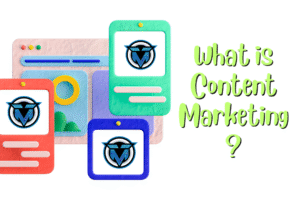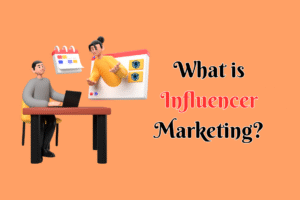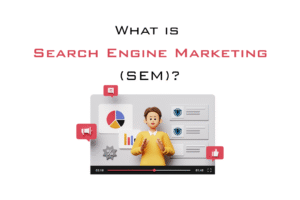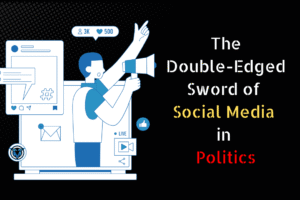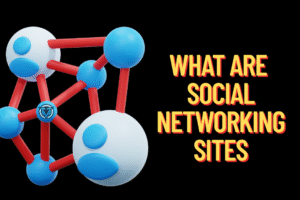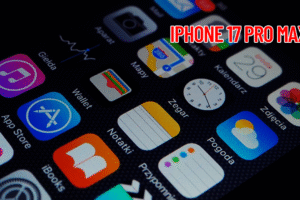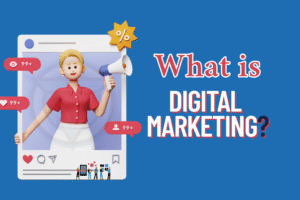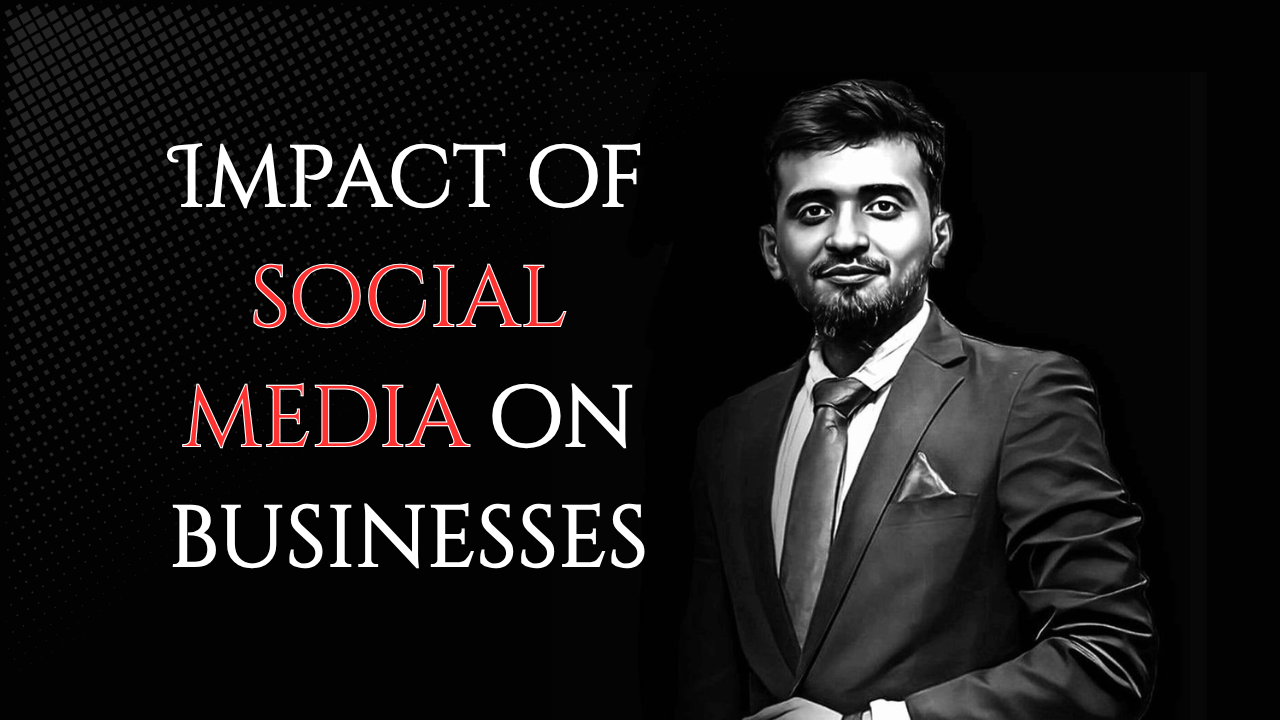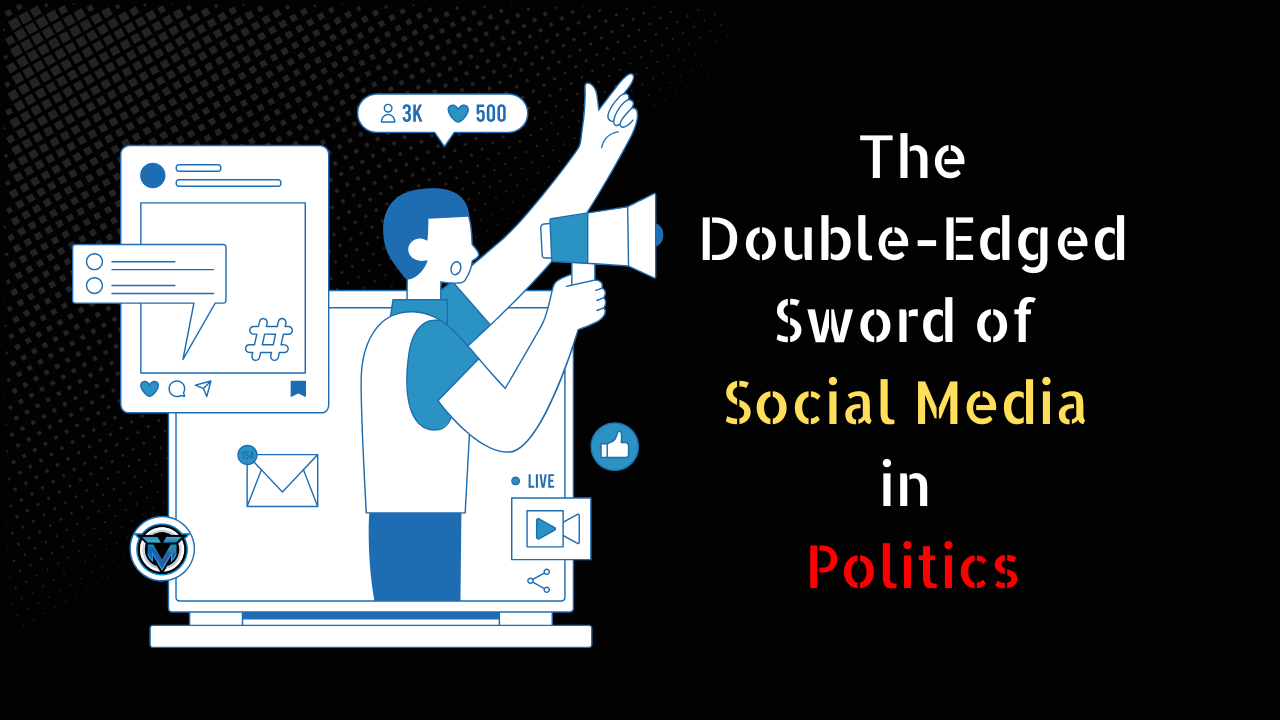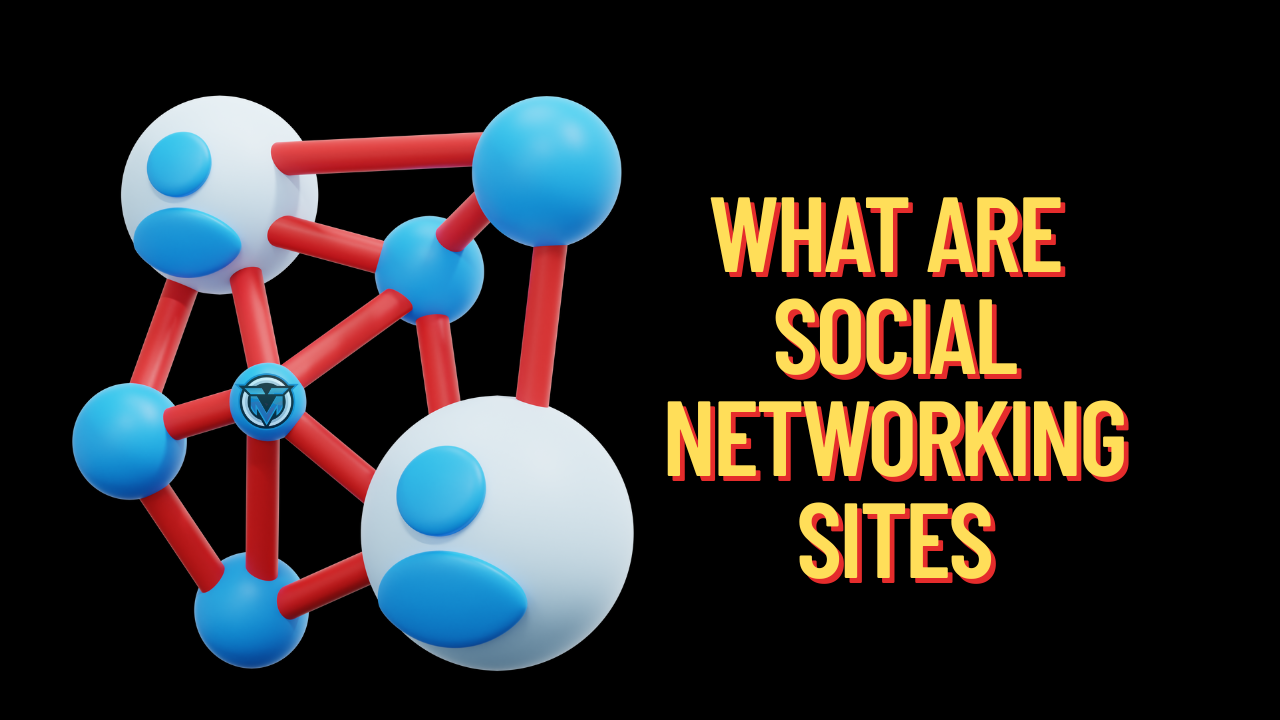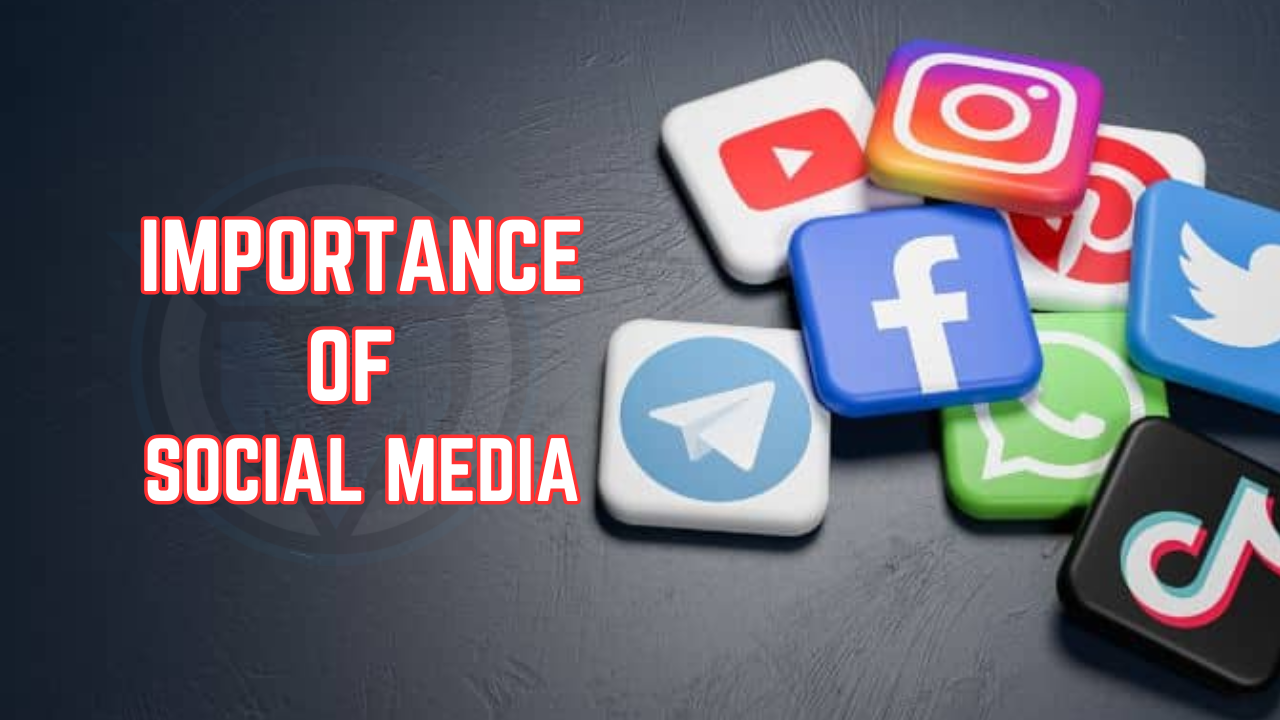In the past two decades, social media has transformed from a personal networking tool into a vital component of business strategy. Whether you’re a local startup or a global corporation, social media impacts your business in profound ways—from customer engagement and brand visibility to lead generation and crisis management.
In this article, we’ll explore how social media affects businesses today, backed by real-world examples, data, and actionable insights. Whether you’re new to social media marketing or looking to optimize your strategy, understanding its impact is essential for staying competitive.
📈 1. Enhancing Brand Awareness
One of the most significant impacts of social media on businesses is the ability to build brand awareness at scale. Platforms like Facebook, Instagram, X (formerly Twitter), LinkedIn, and TikTok allow brands to reach global audiences instantly.
Key Points:
- Visual content such as images, videos, and infographics can help communicate a brand’s identity more effectively.
- User-generated content (UGC) and shares help increase visibility organically.
- A consistent posting schedule with a strong brand voice can make a company more recognizable and memorable.
Example: Brands like Nike and Coca-Cola maintain a strong social media presence that reinforces their brand identity across the globe.
🤝 2. Improving Customer Engagement
Social media allows businesses to engage with customers in real time. Direct interactions such as comments, messages, likes, and shares humanize the brand and make it more approachable.
Benefits of Engagement:
- Builds a loyal customer base.
- Offers immediate customer feedback.
- Helps businesses understand consumer behavior and preferences.
Tip: Always respond to comments and messages in a timely manner. A quick response can turn a dissatisfied customer into a brand advocate.
🛍️ 3. Boosting Sales and Lead Generation
Many businesses use social media as a direct sales channel. With the integration of e-commerce features on platforms like Facebook Shops, Instagram Shopping, and TikTok Storefronts, customers can make purchases without leaving the app.
How It Helps:
- Drives traffic to your website or landing page.
- Targets users based on interests, demographics, and behaviors using paid ads.
- Encourages impulse buying through eye-catching promotions.
Example: Small businesses on Instagram often see a surge in sales after running targeted ad campaigns or influencer collaborations.
🎯 4. Enhancing Targeted Advertising
Social media platforms offer advanced advertising tools that allow businesses to reach their ideal audience with precision.
Advertising Features:
- Lookalike Audiences
- Retargeting Ads
- Geo-targeting
- A/B Testing
Social media ads can be customized based on age, gender, location, interests, and even behaviors. This makes advertising not only more effective but also more cost-efficient compared to traditional methods.
📊 5. Gathering Market Insights and Analytics
Businesses can leverage social media for data-driven decision-making. Most platforms provide built-in analytics tools that offer insights into user engagement, reach, clicks, and conversions.
Use Cases:
- Identify high-performing content.
- Analyze competitor strategies.
- Understand audience demographics and preferences.
Pro Tip: Use tools like Meta Business Suite, LinkedIn Analytics, or third-party platforms like Hootsuite and Buffer for more in-depth analysis.
📢 6. Managing Public Relations and Crisis Response
In today’s digital age, a brand’s reputation can be made or broken online. Social media offers a direct line of communication with the public, allowing businesses to address issues quickly.
Why It Matters:
- Allows immediate clarification or apologies during crises.
- Prevents misinformation from spreading.
- Demonstrates transparency and responsibility.
Example: When a product recall or controversy occurs, brands like Apple or Samsung use social media to manage their public image effectively and mitigate damage.
🧠 7. Encouraging Innovation and Product Development
Businesses can use social media feedback to drive innovation and develop new products or services.
How It Helps:
- Conduct polls and surveys to understand customer needs.
- Gather feedback from product reviews and mentions.
- Test new ideas or prototypes with loyal followers.
Case in Point: Netflix often tweaks its content offerings based on viewer preferences and social media buzz, making it more customer-centric.
🌍 8. Building Community and Loyalty
A strong social media presence can turn customers into loyal brand advocates. By creating valuable, engaging content and fostering a community, businesses can create lasting relationships.
Tactics to Build Community:
- Host live Q&A sessions or webinars.
- Create exclusive groups for members or customers.
- Run contests and giveaways to encourage interaction.
Example: Starbucks uses user-generated content and themed campaigns to engage coffee lovers and create a sense of community around the brand.
📱 9. Expanding Global Reach
Social media platforms are accessible globally, allowing businesses to expand into new markets without the need for a physical presence.
Global Benefits:
- Connect with international customers.
- Understand regional trends and preferences.
- Translate content for multilingual audiences.
Tip: Use international hashtags and collaborate with local influencers to penetrate foreign markets effectively.
💼 10. Driving B2B Success
While platforms like Instagram and TikTok are great for B2C businesses, LinkedIn dominates the B2B space. It’s ideal for building industry authority, generating leads, and networking.
LinkedIn Strategies for B2B:
- Share thought leadership content.
- Participate in industry groups.
- Publish whitepapers, case studies, and reports.
Example: HubSpot uses LinkedIn to share insights, research, and educational content that positions them as a leader in inbound marketing.
🚀 Final Thoughts: The Power of Social Media for Businesses
Social media is no longer optional for businesses—it’s essential. From brand awareness and customer engagement to crisis management and global expansion, its impact is undeniable.
To fully harness the power of social media:
- Set clear goals.
- Choose the right platforms.
- Maintain a consistent posting schedule.
- Analyze your results and adapt.
Whether you’re running a small local store or managing a large enterprise, integrating social media into your business strategy will lead to increased visibility, better customer relationships, and higher revenue potential.

